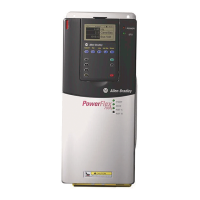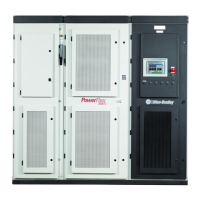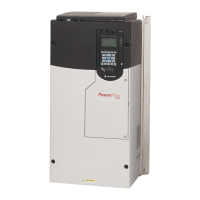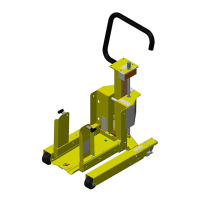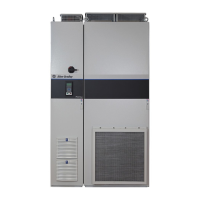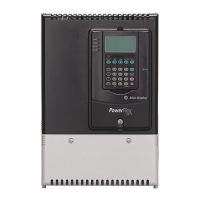8 Rockwell Automation Publication 750-RM100A-EN-P - August 2019
Chapter 1 Adaptive Control
Adaptive Tuning
The adaptive tuning feature is an algorithm that continuously monitors and, if
necessary, adjusts filter parameters and control loop gains to compensate for
unknown and changing load conditions. Adaptive tuning performs the following
functions:
• Monitors motor-side resonances
• Automatically adjusts torque loop notch and low pass filter parameters to
suppress resonances
• Automatically tunes control loop gains to avoid instability
Benefits
When you enable adaptive tuning with the recommended out-of-box control
loop settings, you do not need a tuning expert. You also gain the following
benefits:
• Reduced commissioning time, especially for high drive count
• Automatically suppressed continuously changing resonances
• Periodic identification of resonances and retuning is not needed
• Periodic retuning of filters is not needed
• Minimized tracking errors, machine vibration, and power consumption
• Increased bandwidth and line speeds
• Tighter control of moving parts reduces wear and saves material costs
Autotune
The Autotune function is used to measure motor characteristics. It is composed
of several individual tests, each of which is intended to adjust one or more motor
parameters. These tests require you to enter motor nameplate information into
the drive parameters. Although you can change some of the parameter values
manually, measured values can provide improved performance.
Autotuning is often unnecessary when you apply Load Observer with the
recommended default settings.

